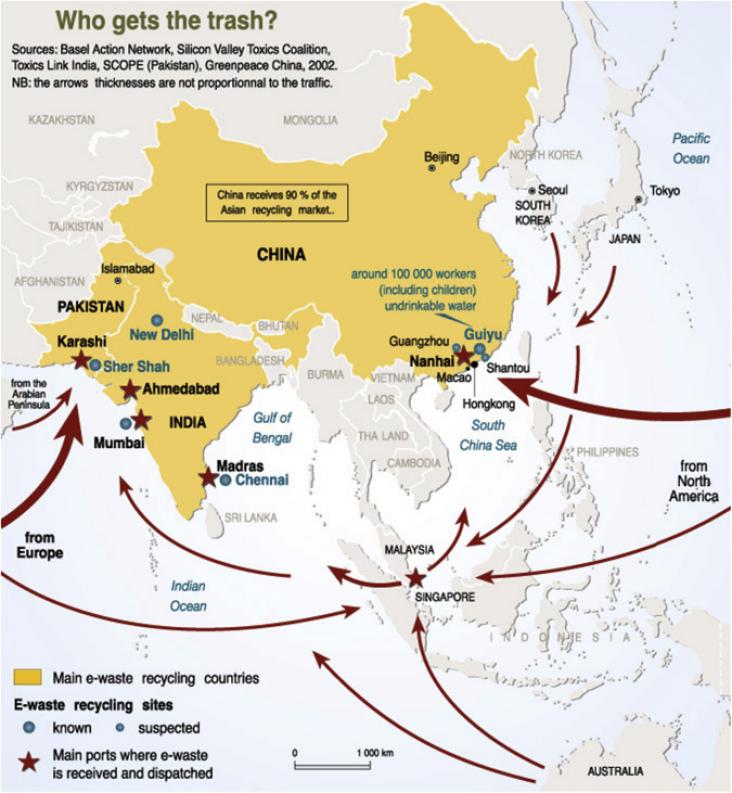The study presents comparative global evidence on the transformation of economic growth to poverty reduction in developing countries, with emphasis on the role of income inequality.

Chapter on the public health problem of how to effectively deal with or dispose of the ever-increasing number of old or outdated electronic devices (e-waste) in a safe manner. The goal of SDG target 3.9 is to substantially reduce the number of deaths and illnesses from hazardous chemicals and air, water and soil pollution and contamination
Massive slums have become major features of cities in many low-income and middle-income countries.
Professor Paul T. Anastas holds the Teresa and H.
Focuses on homelessness from a public health perspective – its prevalence, its relationship to specific health conditions, and various interventions intended to ameliorate homelessness and the health problems with which it is associated.
Most scholars would agree that the goal of business is to create value. Yet, can there be anything more valuable than peace?
Agricultural development is critical to the advancement of Goal 2 (zero hunger). This concluding chapter summarises the roles of entrepreneurship and value chain organization in agricultural development in Brazil.
Despite much policy attention to agricultural development in South Africa, efforts since democratisation have failed to raise smallholder engagement in agriculture and to break the trend of persistent
There is a very large literature examining income inequality in relation to health.
Serious questions remain about the ability of NGOs to meet long-term transformative goals in their work for development and social justice.
